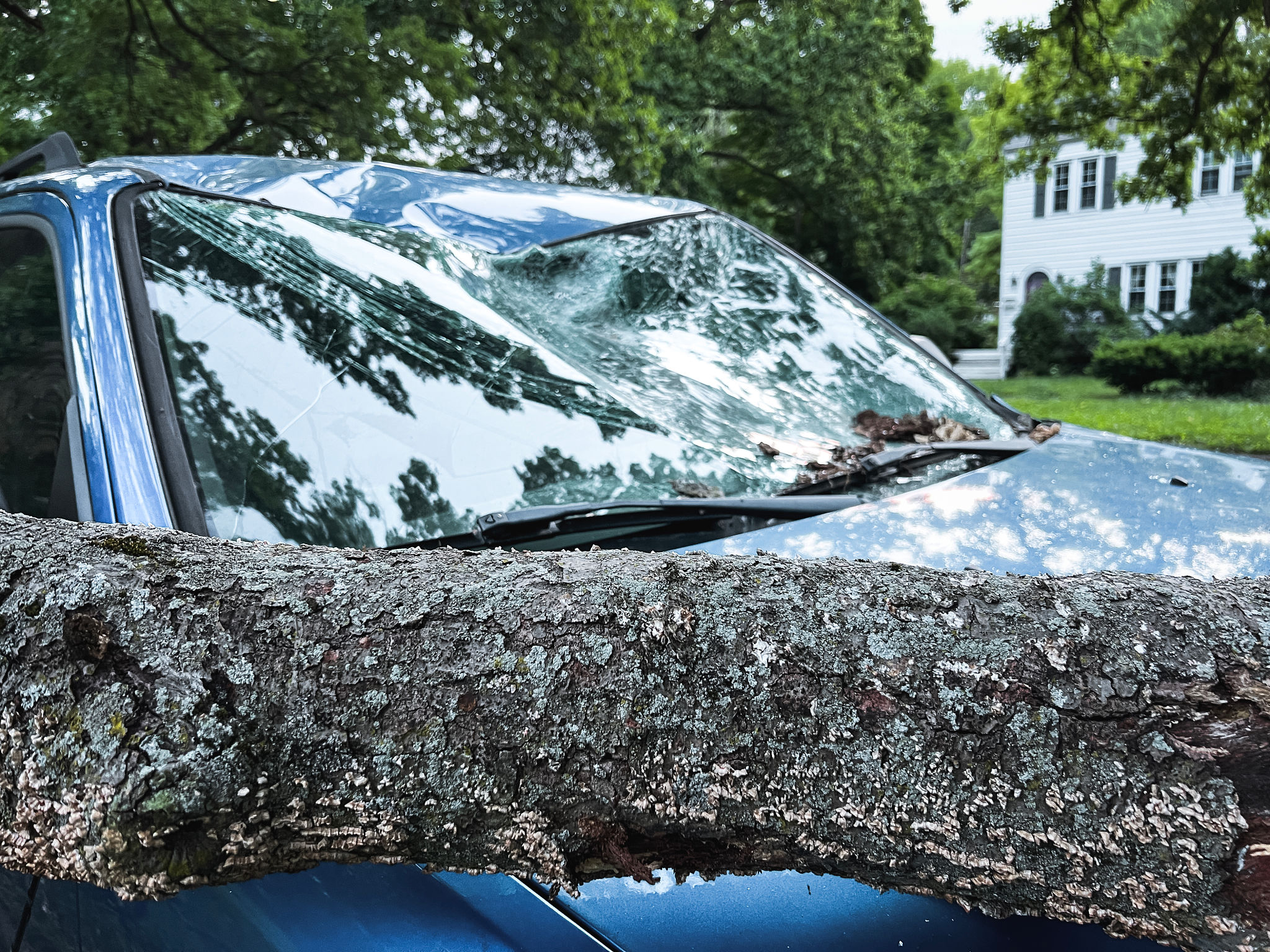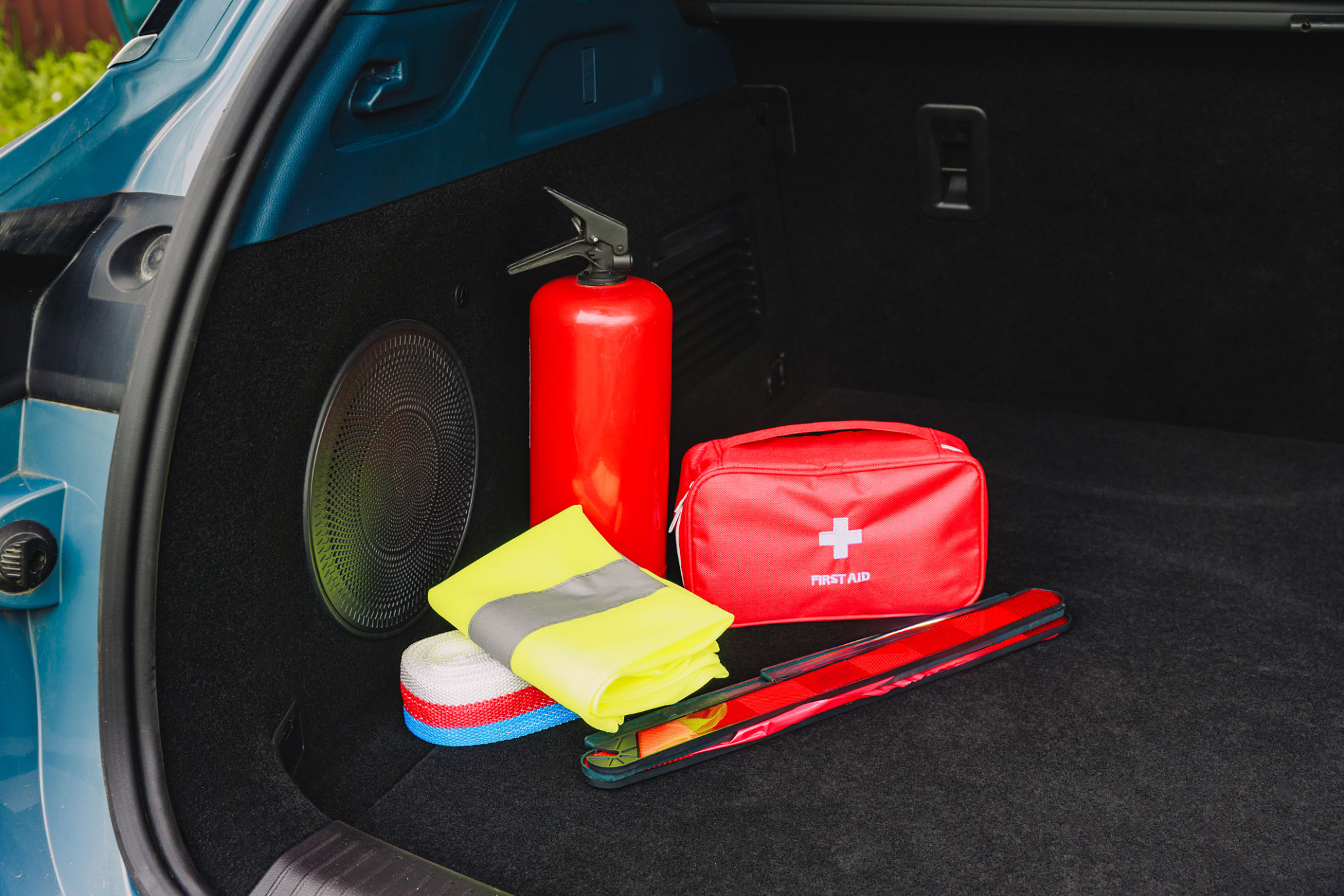A Step-by-Step Guide to Preparing Your Car for Florida's Hurricane Season
Understanding the Importance of Preparation
As Florida residents, we are all too familiar with the annual hurricane season. Each year, from June to November, we face the reality of potential storms that can significantly impact our lives. Preparing your car for hurricane season is crucial to ensure safety and mobility during these challenging times.

Start with a Comprehensive Inspection
The first step in preparing your vehicle is to conduct a thorough inspection. Check your car's fluid levels, including oil, coolant, and brake fluid. Ensure that your tires are in good condition with sufficient tread depth. It's also wise to have your brakes inspected and replace any worn-out parts if necessary.
Don't forget about the battery. A weak battery can leave you stranded at the worst possible moment. Test its charge and replace it if needed. Ensuring that your car is in top shape can prevent unexpected breakdowns during an evacuation or emergency situation.
Stock Up on Emergency Supplies
Once your car is mechanically sound, it's time to focus on emergency supplies. Create a kit that includes essentials such as bottled water, non-perishable snacks, flashlights with extra batteries, a first-aid kit, and a basic toolkit. Having these items on hand can make a significant difference in an emergency.

Additionally, consider keeping a spare phone charger in your vehicle. Maintaining communication during a storm is crucial, and having a way to charge your phone can keep you connected with loved ones and emergency services.
Plan for Fuel Shortages
Fuel shortages are common during hurricane season due to increased demand and disrupted supply chains. To avoid being caught off guard, fill up your gas tank as soon as a storm is forecasted. It's also wise to keep a portable fuel container in your garage or shed, filled and ready for use.
Consider downloading apps that can help you locate open gas stations during emergencies. These tools can be invaluable when trying to navigate through an area affected by a hurricane.
Know Your Evacuation Route
In the event of a mandatory evacuation, knowing your route in advance can save valuable time and reduce stress. Familiarize yourself with local evacuation routes and have a map on hand in case GPS services are disrupted. It's also beneficial to plan alternative routes in case of road closures or traffic congestion.

Communicate your evacuation plan with family members and ensure everyone knows where to meet if you become separated. Staying organized and informed can help keep you safe during an emergency.
Protect Your Vehicle from Flooding
Flooding is one of the most common hazards during a hurricane. If possible, park your vehicle on higher ground or in a garage to minimize the risk of water damage. Avoid parking near trees or power lines that could fall during a storm.
If you must leave your vehicle outside, consider using a waterproof cover for added protection. Ensure that your insurance policy covers flood damage, providing peace of mind should the worst occur.
Final Preparations
As the hurricane approaches, double-check all preparations. Ensure that your emergency kit is complete and readily accessible. Fill your gas tank one last time and secure any loose items in your car that could become projectiles during strong winds.

By taking these proactive steps, you'll be better equipped to handle Florida's unpredictable weather during hurricane season. Remember, preparation is key to ensuring the safety and well-being of you and your loved ones.
